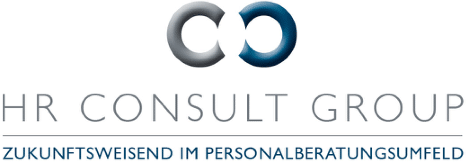Soft skills: more than just an add-on
Soft skills are playing an increasingly important role in the world of recruitment and candidate selection. While traditionally the focus has been on technical skills or "hard skills", companies are increasingly recognizing the importance of soft skills for the long-term success and effectiveness of their teams. This blog article highlights why soft skills are essential in recruitment and candidate selection.
1 What are soft skills?
Soft skills are personal, emotional, social and communication skills that determine how a person interacts and works with others. These include the ability to work in a team, communication skills, empathy, adaptability, conflict resolution skills and creativity. These skills are often difficult to measure, but are crucial for success in the modern working world.
2. the role of soft skills in personnel consulting
Personnel consulting is all about finding the right candidate for a position. Soft skills play a decisive role here. They influence how well a candidate fits into the corporate culture, how effectively they can work in a team and how they deal with challenges and change. Recruitment consultants who include soft skills in their assessment criteria can therefore provide a more comprehensive and accurate assessment of a candidate's suitability.
3. soft skills and team dynamics
The dynamics within a team are crucial to its success. Soft skills such as communication skills, empathy and conflict resolution skills are essential to creating a harmonious and productive working environment. They enable teams to work more efficiently, solve problems constructively and promote a positive working atmosphere.
4. adaptability in a rapidly changing working environment
The world of work is constantly changing and adaptability is a key attribute in today's business world. Employees who have good soft skills can adapt more easily to new situations, are open to change and can develop innovative solutions.
5 The challenge of assessing soft skills
One of the biggest challenges in personnel consulting is the assessment of soft skills. Unlike technical skills, they are not always easy to quantify. Recruitment consultants therefore rely on various methods, such as structured interviews, behavioral assessments and assessment centers, to gain a deeper understanding of a candidate's soft skills. Aptitude diagnostics, which show a comparison of skills in a job profile, are very helpful here.
Conclusion
Soft skills are essential in the modern working world and play a central role in personnel consulting and candidate selection. They make a significant contribution to how an employee functions within a team and the overall corporate culture. Recruitment consultants who take soft skills into account in their assessment processes can not only select the most suitable candidates, but also make a significant contribution to the long-term success of a company. At a time when interpersonal skills are becoming increasingly important, soft skills are no longer optional extras, but a crucial factor for professional success.
.


